
Study in Ireland: Top Universities, Courses, Scholarships & More
About Ireland
Advantages to Studying in Ireland
High-Quality Education
Rich Cultural Experience
Safe and Friendly Environment
Career Opportunities
Natural Beauty
Easy to Get Around
Top Universities To Study In Ireland
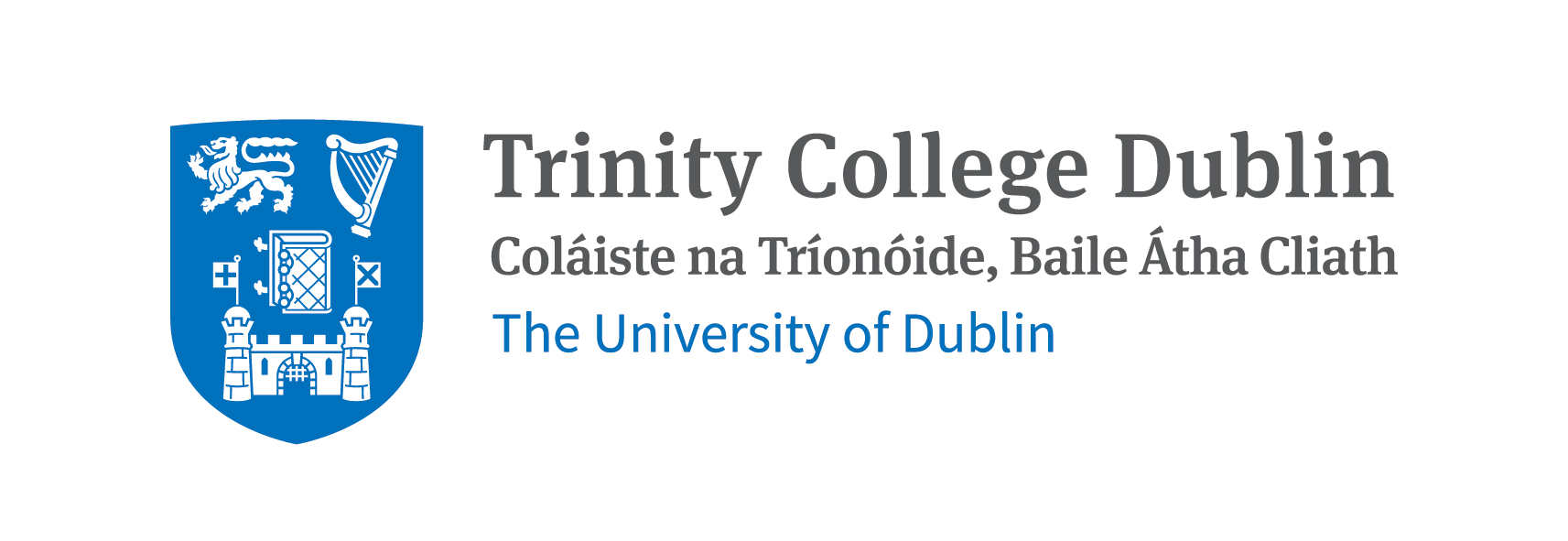
Trinity College Dublin
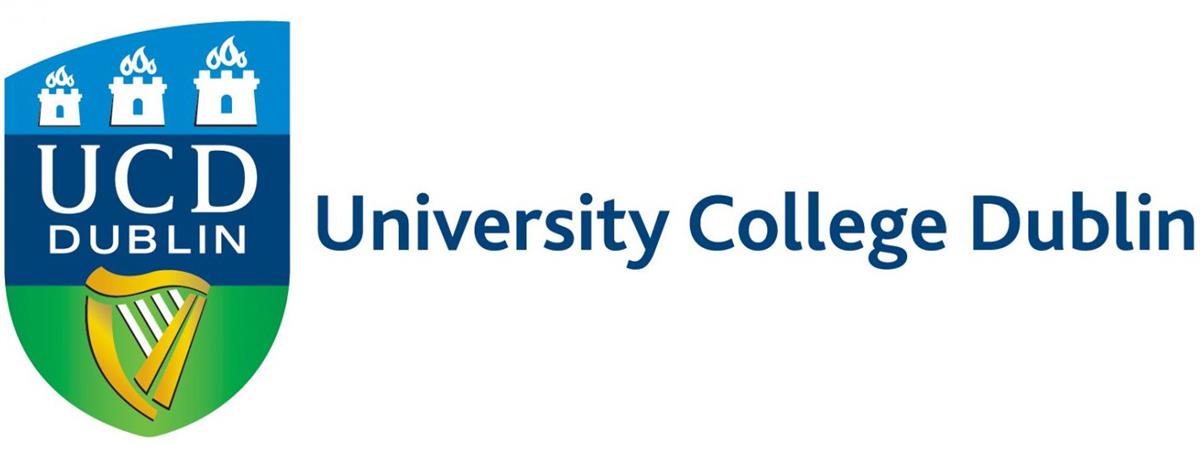
University College Dublin
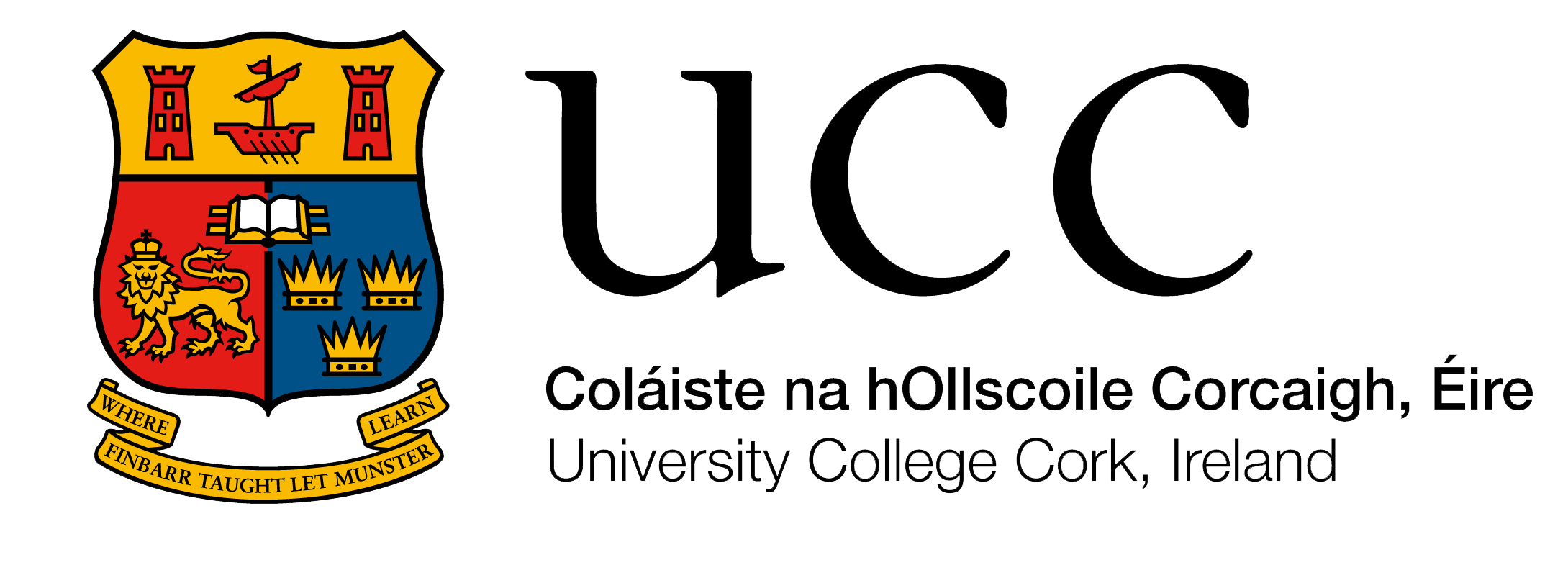
University College Cork

Dublin City University
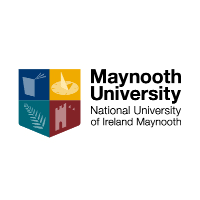
Maynooth University
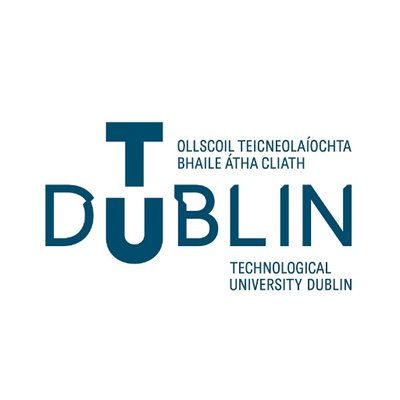
Dublin Institute of Technology
Top Courses To Study in Ireland
Digital Design
Construction
Data Science
Classical Animation
Cyber Security
Quality Management
VR/AR Design & Development
Bachelor of Social Work
Philosophy
Cloud Computing
Scholarships To Study in Ireland
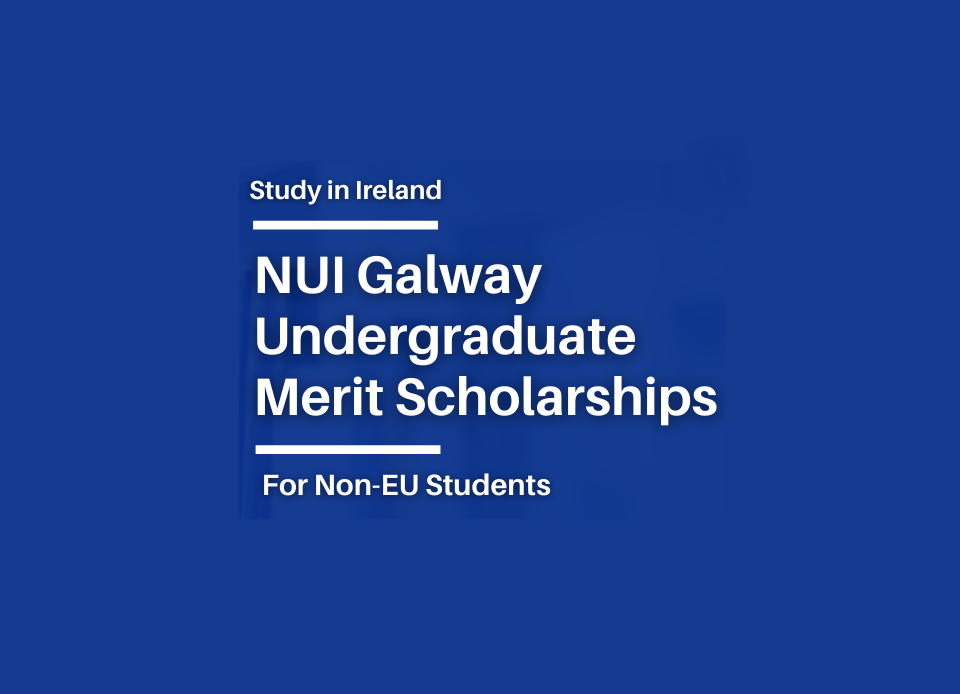
Undergraduate Merit Scholarship
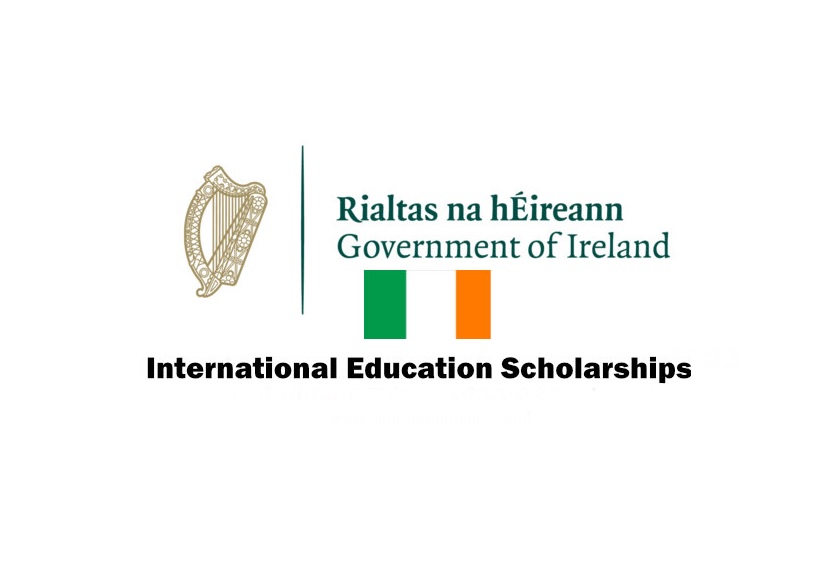
Government of Ireland Scholarships for International Students
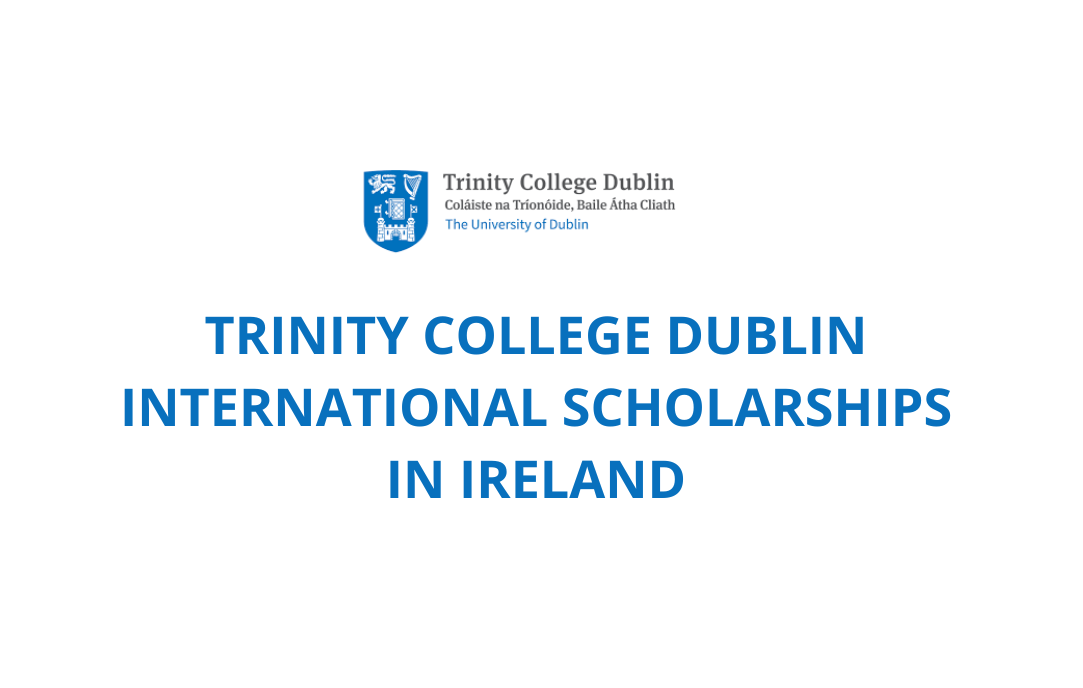
Trinity College
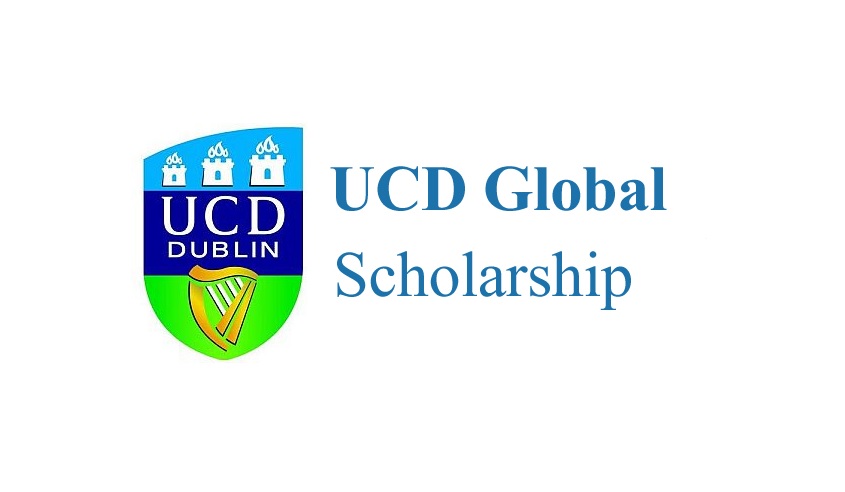
UCD Global International Student Scholarship

The Walsh Fellowship
Cost of Living

Accommodation (€400 - €1000)
Depending on whether you choose to live on campus, in housing associated with the institution, or in privately rented apartments, the cost of living might vary considerably. A room or flat will typically cost you between €400 and €1000 a month, with costs being higher in locations like Dublin.

Utilities (€50 - €100)
Depending on your usage and location, utilities including power, heating, and water can cost anywhere from €50 to €100 per month.

Food (€200 - €400)

Transportation (€50 - €120)

Internet and Mobile Phone (€30 - €50)

Other Expenses (€200 - €300)
Miscellaneous expenses, including books, social activities, personal care, and occasional travel, could add up to around €200 to €300 per month.
Work Opportunities
Part-Time Work
Full-Time Work
During the official academic breaks, such as summer vacations students can work full-time, up to 40 hours per week.
Work-Study Programs

Visa
C Study Visa (€60)
Cost - €60 for single entry
Eligibility - Since this is a short term visa for courses. You need an acceptance letter from a recognised course provider and proof of funds to cover your stay.
Documents - A valid passport, a letter of course acceptance, financial documentation, information about accommodation, travel insurance and a round trip airline ticket.
Process - Fill out an online application, pay the cost, make an appointment with your local embassy or consulate, provide biometrics and submit the required application.
D Study Visa (€100)
Eligibility - For courses lasting more than 3 months, you need an acceptance letter from an approved institution and proof of sufficient funds.
Documents - Valid passport, acceptance letter, proof of funds, travel insurance, accommodation details and sometimes medical clearance.
Process - Apply online, pay the fee, book an appointment, submit biometrics, and provide required documents.
Stamp 2 (General) Student permission (€100)
Eligibility - Available to full time students for courses lasting more than 3 months.
Documents - Passport, acceptance letter, proof of finances, medical insurance and accommodation details.
Process - Upon arrival in Ireland, attend registration at your institution. Immigration permission will be granted on your passport
Stamp 2 (Restricted) Student permission (€100)
Eligibility - Available to specific master’s or higher degree program graduates.
Documents - Passport, course completion certificate, proof of funds, accommodation details and sometimes medical clearance.
Process - Apply online, pay the fee, attend the appointment, submit biometrics and provide the required documents
Intakes Available in Ireland
Autumn (September to December)
Spring (January to May)
Exclusive Services by Uscholars

University & Course Selection

College Application Support

Education Loans

Student Visa Application & Preparation

Securing Your Student Accommodation

Comprehensive Student Insurance Plans

Apply for Scholarships

Student Referral Program

Student Profile Assessment

Student Bank Accounts

Forex Services

Pre-Departure Preparation

Job Placements Abroad
Ready to Start Your Study Abroad Journey?
Join thousands of students who have successfully achieved their dreams with our expert guidance
Why Study in Ireland
Rich History and Culture
Safe and Stable Environment
Friendly People

Frequently Asked Questions
Get answers to common questions about our study abroad profile assessment service
- C Study Visa: This visa is only available to students who have registered in courses that run up to 90 days but no longer. This visa does not allow students to work, whether paid or unpaid.
- D Study Visa: This visa is for students who already are pursuing a course of study in Ireland that lasts longer than three months and have already received their C study visa before arriving in Ireland.
The following general financial requirements are in effect as of May 2023::
- You must demonstrate that you have access to a minimum of €500 every month of your stay if your course is less than six months long.
- You must demonstrate that you have access to a minimum €7,000 per year to cover living expenses in addition to tuition if your degree is longer than six months.
- Supplying details on the procedures and visa requirements for the country of your choice.
- Assisting you in completing visa application forms and making sure all necessary paperwork is completed accurately and on schedule.
- Advising you on the many visa categories and which one would be best for your plans to study abroad.
- By giving you advice and practise sessions, preparing you for immigration interviews.
- Ensuring that all required paperwork is in order before submitting your application, such as proof of financial support, academic credentials, and health insurance.
- Supplying constant assistance all through the visa application procedure, including speaking on your behalf with the appropriate authorities.
- Select your study plan and submit an application to a reputable Irish university.
- Obtain a letter of acceptance from the institution, which should include information on the program's length, academic requirements, and tuition costs.
- Collect the necessary paperwork for your visa application, which normally consists of:
- A completed visa application.
- An active passport.
- Two most recent passport photos.
- Evidence of admission to an Irish educational institution.
- Evidence of sufficient funds to cover your living expenses in Ireland.
- Evidence of health insurance.
- A written statement describing why you want to study in Ireland.
- Pay the application fee for a visa.
- Send your visa application and supporting papers to the relevant Irish embassy or consulate.
- If necessary, show up for an in-person interview.
- Wait for a decision on your visa application.
To account for possible delays or additional processing time, it is advised that you submit your visa application far in advance of the day you intend to travel to Ireland. In order to minimise any additional delays in the processing of your application, it's also crucial to make sure you have all the relevant papers.
You might start by contacting your school or college to see if they have any job boards or career centres that can assist you in finding part-time employment. For part-time employment openings, you can also go through the local newspapers or internet job portals.
Speak with our experts
Study Abroad with Uscholars and avail One way Flight Ticket and Free TOEFL / IELTS Training. T&Cs apply*
- 99% Acceptance Rate
- Free Advice
- Experienced Counsellors
- 600+ Partner Universities
Start your dream journey now
Complete the form and our counsellors will get in touch within one business day.
